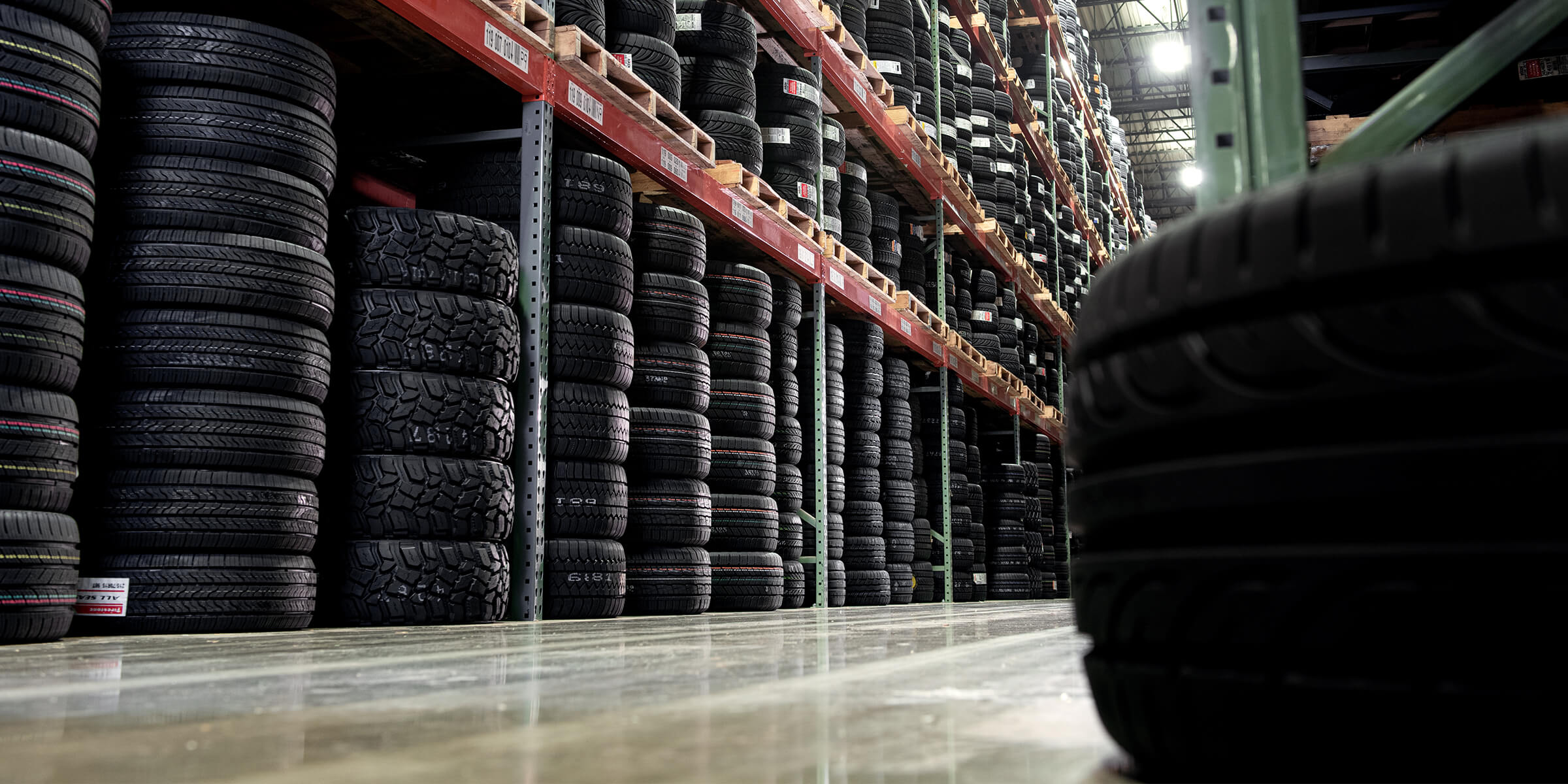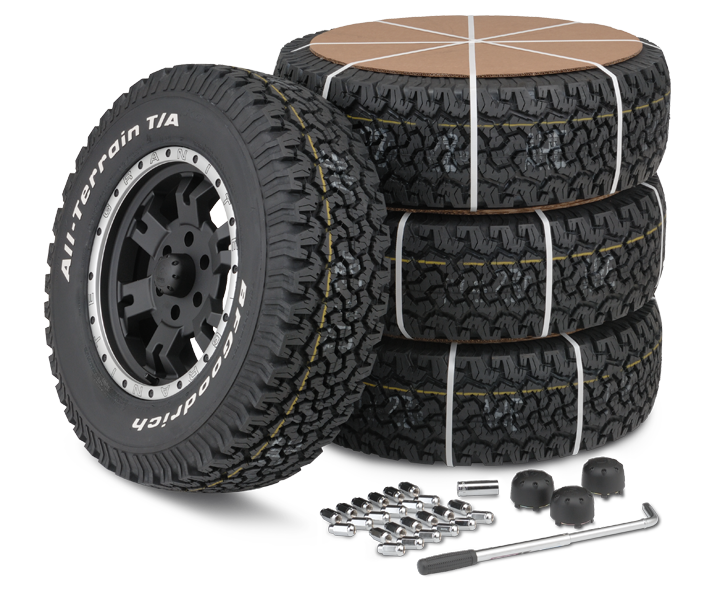Tire Solution: The Influence of Weather
When it involves ensuring ideal efficiency and safety and security when driving, recognizing the impact of climate condition on tire service is important. From scorching warm to icy roads, each weather condition component can dramatically influence tire performance and total driving experience. By diving into the impacts of varying weather conditions on tires, drivers can obtain important understandings that may enhance their lorry's performance and long life. In this discussion, we will check out the intricate relationship in between climate condition and tire solution, clarifying the significance of weather-specific tire upkeep practices and considerations.
Warm and Tire Efficiency
When revealed to high temperature levels, tires experience modifications in performance that can considerably affect lorry security and handling. The warmth generated from extended driving or warm climate problems triggers the tire rubber to soften, leading to minimized walk life and increased wear. As the rubber becomes softer, the tire's grip on the road reduces, influencing stopping ranges and general traction. In extreme cases, excessive warmth can also create tire blowouts, posing a severe safety threat to the vehicle and its owners.
In addition, heats can accelerate the procedure of tire aging, causing the rubber to wear away extra promptly. This can result in fractures, bulges, and various other forms of damage that compromise the architectural integrity of the tire. To alleviate the impacts of heat on tire efficiency, chauffeurs should routinely check their tire stress, revolve tires to ensure even use, and inspect for any signs of damage. Furthermore, utilizing tires particularly designed to stand up to high temperature levels can assist preserve optimum efficiency and security when driving.
Winter Effects
Cold weather condition problems can have a considerable effect on tire performance and safety and security. As temperature levels decrease, tire rubber can harden, bring about lowered grip on icy or snow-covered roads. In chilly weather condition, tires may likewise shed air pressure more rapidly, which can affect dealing with and fuel efficiency. In addition, cool temperatures can create tire sidewalls to stiffen, boosting the danger of damage from splits or other roadway dangers.
To reduce the results of chilly weather condition on tires, it is vital to frequently inspect tire stress and inflate them to the manufacturer's recommended levels. Utilizing winter season or all-season tires made for winter problems can likewise improve grip and grip on icy or snowy roadways - morris tire and alignment. Appropriate tire maintenance, consisting of regular inspections for wear and damage, comes to be much more crucial throughout chillier months to ensure ideal efficiency and safety and security
Rainy Conditions Influence
Tires with worn-out footsteps are more susceptible to hydroplaning, where a layer of water constructs up in between the roadway and the tire surface, leading to loss of traction. To fight this, drivers must on a regular basis check their tires for sufficient tread depth and think about spending in tires specifically made for damp conditions.

Snow and Tire Safety
Snow-covered roadways posture special difficulties for motorists, highlighting the significance of appropriate tire option and maintenance. When driving in snowy conditions, having the ideal tires can make a significant distinction in security and performance. Winter months tires are created with unique rubber compounds and walk patterns to offer far better traction on snow and ice contrasted to all-season tires. The deeper treads and sipes of winter season tires aid grip the road better, lowering the danger of sliding and sliding.
In addition to using wintertime tires, it is vital to ensure they are effectively pumped up. Winter can trigger tire stress to drop, affecting traction and handling (morris tire and alignment). On a regular basis checking and preserving the correct tire stress is necessary for ideal efficiency in snowy problems

Weather-Related Tire Maintenance
When confronted with numerous weather problems, proper tire maintenance becomes a vital element of car security and performance. Weather-related tire upkeep includes an array of methods focused on guaranteeing optimum tire function and durability in various weather condition scenarios. One crucial aspect of weather-related tire maintenance is tire pressure policy. Varying temperature levels can cause tire stress to vary, influencing grip and fuel effectiveness. On a regular basis adjusting and inspecting tire pressure according to maker suggestions is necessary for risk-free driving in altering climate conditions. Additionally, tire tread deepness plays a substantial role in managing various weather condition aspects. Tires with appropriate step depth supply far better hold on wet or icy roadways, lowering the threat of skidding or hydroplaning. When walk wear reaches a particular deepness is important for maintaining grip and security in negative weather condition, checking tire walk consistently and changing tires. By focusing on weather-related tire upkeep, vehicle drivers can improve safety and security, improve lorry efficiency, and extend the life expectancy of their tires.
Final Thought
In final thought, weather have a substantial effect on tire performance and safety. From heat impacting tire pressure and put on to cool weather reducing traction, it is necessary to take into consideration the climate when maintaining and utilizing tires. Rainy conditions can reduce grasp and result in hydroplaning, while snow can raise the danger of crashes if tires are not appropriately equipped. Weather-related tire maintenance is important in making certain optimal performance and safety when traveling.
In this conversation, we will certainly check out the detailed partnership between weather problems and tire service, losing light on the significance of weather-specific tire upkeep practices and factors to consider.

Comments on “Incredible Discount Tires Morris IL: Shop Currently for Unsurpassable Cost Savings”